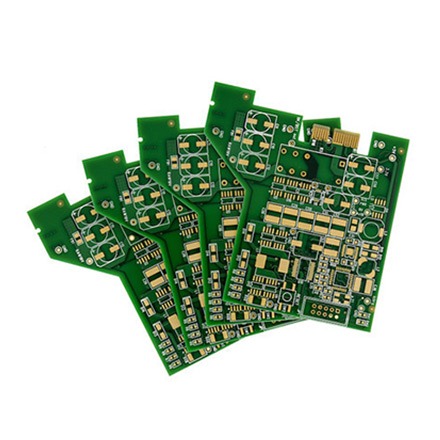Tempered glass, renowned for its remarkable strength and safety features, stands out as a premier choice for custom applications in various industries. Its enhanced properties are attributed to the rapid heating and cooling processes it undergoes, making it four to five times stronger than regular glass. This article delves into the world of custom tempered glass, highlighting why its utilization in bespoke solutions marks a revolutionary pivot towards safer, more durable, and versatile products in the contemporary market.

The process of creating tempered glass involves heating ordinary glass to temperatures exceeding 600 degrees Celsius, followed by a rapid cooling process. This treatment not only enhances the strength of the glass but also changes its breakage pattern. In the event of breaking, tempered glass shatters into small, blunt pieces, significantly reducing the risk of injury. This notable safety feature is one of the primary reasons tempered glass is increasingly preferred for custom applications.
Architects, interior designers, and engineers often opt for custom tempered glass due to its unique combination of strength and aesthetic appeal. Unlike conventional glass, custom tempered glass can be tailored to precise specifications without compromising its structural integrity. This capability makes it an ideal choice for a range of applications, including shower doors, glass partitions, and modern glass staircases. Furthermore, custom designs enable the incorporation of various shapes, sizes, and thicknesses, meeting the specific needs of diverse projects.

The customization options extend beyond physical dimensions. Custom tempered glass can also undergo additional treatments such as anti-glare, anti-reflective coatings, or even aversion to scratches, further expanding its utility. These advancements render it particularly valuable in high-traffic and challenging environments where durability and clarity are paramount. Tech-savvy consumers can also request smart glass technologies, integrating electrochromic functions that allow the glass to change its transparency based on electrical stimuli, offering privacy at the flick of a switch.
tempered glass custom
Beyond private and commercial architecture, custom tempered glass sees extensive use in the automotive and electronics industries. Car manufacturers employ this glass for windows and sunroofs due to its ability to withstand impact and extreme temperatures. Similarly, in the electronics sector, the demand for tempered glass rises with the production of high-performance device screens. The precision customization available ensures a perfect fit for gadgets, enhancing both their usability and aesthetic appeal.
From a sustainability perspective,
tempered glass scores high as well. Its long-life span reduces the need for frequent replacements, contributing to less waste. Additionally, it is 100% recyclable, thereby minimizing its environmental footprint. As consumers and businesses increasingly prioritize sustainability, custom tempered glass becomes an even more pivotal component of responsible production and design strategies.
Ensuring the quality of custom tempered glass involves sourcing it from reputable manufacturers who comply with stringent safety standards. Professionals insist on certifications such as the ANSI Z97.1 in the US or EN 12150 in Europe, which verify the glass’s reliability under various stress conditions. Customers benefit from selecting suppliers who provide full traceability of materials and offer a comprehensive warranty, assuring the glass's performance over its expected lifespan.
In conclusion, custom tempered glass represents an innovation at the intersection of performance, safety, and design. Its ability to be molded into virtually any form without sacrificing strength offers infinite possibilities for customization, fulfilling specific industry needs while maintaining aesthetic standards. As the demand for multifunctional and resilient materials increases, investing in tempered glass solutions emerges as a strategic decision for future-forward businesses and consumers alike. Choosing this versatile material is not merely about adopting a product; it is about investing in quality, safety, and the sustainability of tomorrow’s world.



